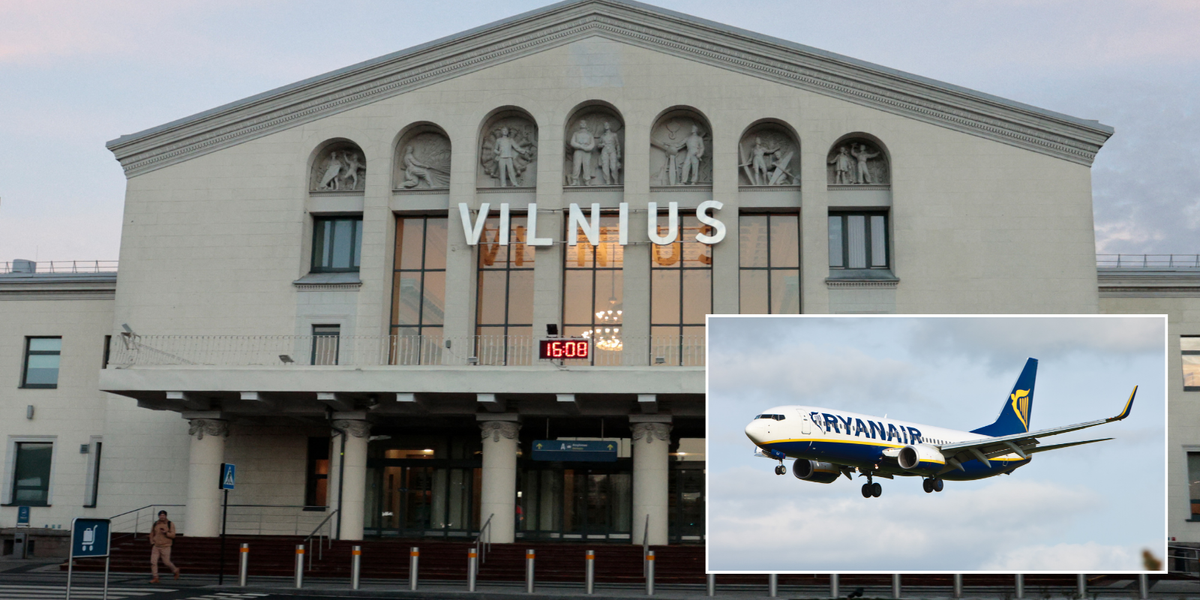It usually starts with countries in the Five Eyes Alliance.
The close-knit intelligence sharing arrangement is between five English-speaking democracies: the US, UK, Canada, Australia and New Zealand.
So far, all members have banned TikTok from government devices and some have issued public warnings too. Canada has ordered an end to TikTok’s Canadian operations citing national security concerns.
The Five Eyes knock-on effect can be considerable and restrictions have already spread with the app banned on devices of government employees, civil servants or military personnel in countries including Austria, Belgium, Estonia, France, The Netherlands, Norway and Taiwan.
Ciaran Martin, who was head of the UK’s National Cyber Security Centre during the bans on Huawei and Kaspersky, agrees that generally when the US makes a national security or strategic decision about a company, the UK and allies eventually follow suit.
However, as with everything else to do with TikTok, he says there is a huge caveat in the form of the incoming Trump administration.
“What we don’t yet know is whether TikTok will be the exception as Trump has said he is opposed to the ban so will he order allies to replicate a ban? We don’t yet know.”
Trump’s position on TikTok has changed dramatically since his first presidency when he tried to get it banned. Since then he has become a supporter after his re-election campaign gained support through TikTok videos.
Emily Taylor agrees that this unknown factor might make TikTok different to Huawei and Kaspersky.
“It depends on how much pressure the administration is willing to exert”, she told the .
“If their foreign policy agenda is packed then forcing other allies to follow the ban might fall down the list and allow countries to wait it out”.
At the moment, there are “no plans” for a TikTok ban in the UK, a government spokesperson said on Saturday. “We engage with all major social media companies to understand their plans for ensuring the security of UK data and to ensure they meet the high data protection and cyber security standards we expect.”









